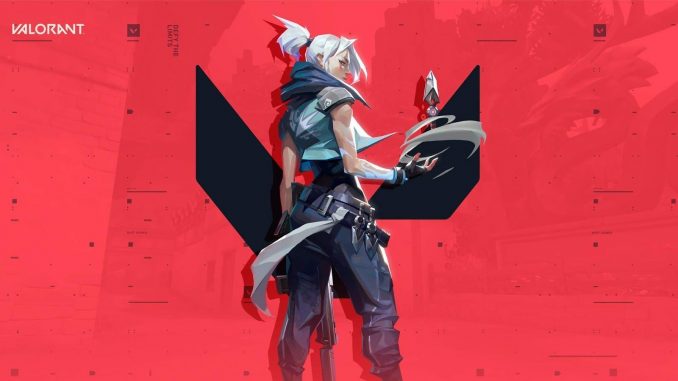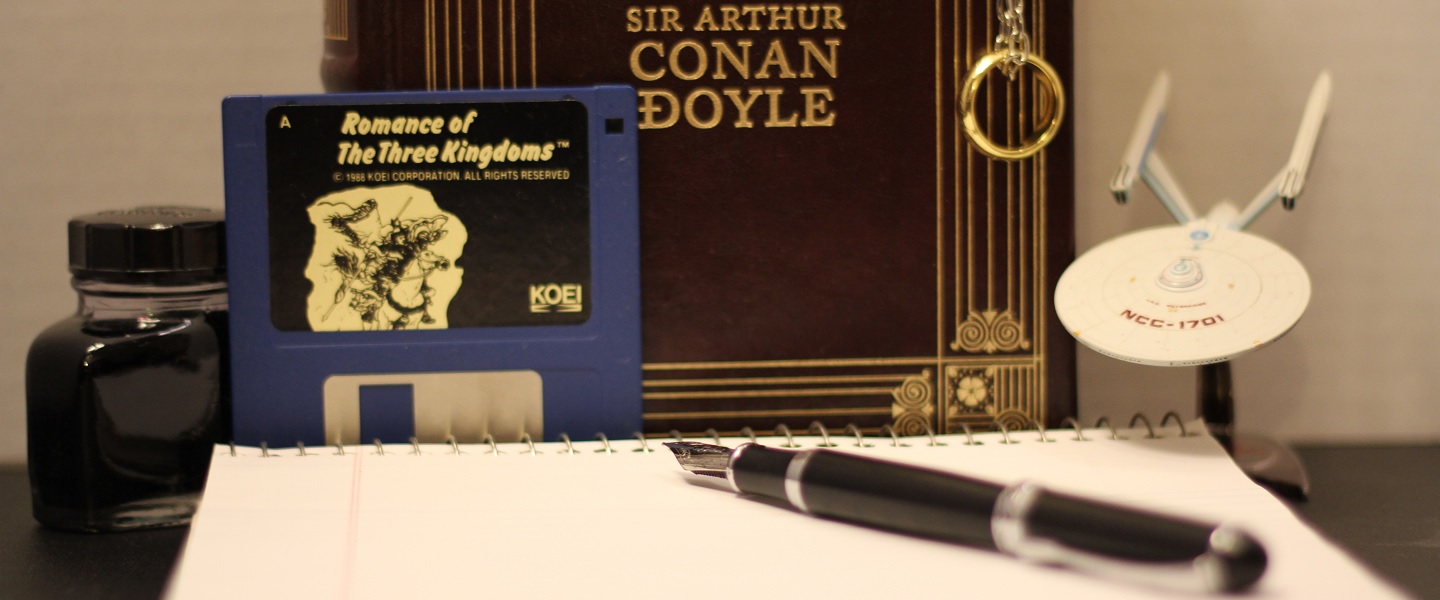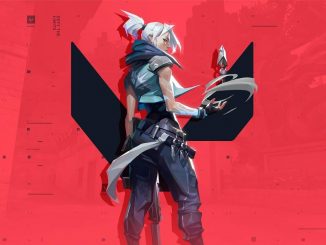
When it comes to digital rights management (DRM) there is a right way and a wrong way. PC Gamers have had to navigate through the waves of DRM from egregious always-on DRM for single-player campaigns to software that can impact your PC’s performance like secuROM, DADC and Denuvo. But it gets harder to know what you are installing when there are no industry watchdogs around to keep consumers informed. The latest game to implement a strict form of DRM is Riot Games’ Valorant which installs an invasive anti-cheat DRM program.
Valorant, a competitive first-person shooter, was recently accused of installing an anti-cheat program that, after initial installation, would load up when the consumer’s PC was turned on and doesn’t turn off when the game is exited. The only way to turn off the DRM would be for the user to manually uninstall it or change the name of the driver file. This is according to a Reddit user named voidox who wrote,”
“The kernel anticheat driver (vgk.sys) starts when you turn your computer on. To turn it off, you either need to change the name of the driver file so it wouldn’t load on a restart, or you can uninstall the driver (it will be installed back again when you open the game).
So ya, the big issue here is it running even when players don’t have the game open, from startup no less. EDIT – It runs at Ring 0 of the Windows Kernel which means it always has the same rights as administrator from the moment you boot.”
Unlike other anti-cheat programs, such as BattlEye, VAC, and EasyAntiCheat that will turn off once the software isn’t running, Valorant’s DRM continues running in the background. Allegedly, this could mean that Riot Games’ anti-cheat DRM could affect the performance of a consumer’s PC and other games that they may wish to play that have no association with the software
Voidox goes on to point out that because this DRM has rights similar to the administrator, it is a potential backdoor into the user’s PC by those with malicious intent. They go on to theorize that if the program was compromised, the user wouldn’t even know it or have it rectified unless they started up Valorant which would then update the software.
Riot Games, which was bought up by Chinese multinational conglomerate Tencent, is no stranger to dealing with various cheats and hacks. Prior to Valorant’s closed beta, the developer talked about utilizing a kernel driver for its new anti-cheat software but failed to mention that such software would stay on whether or not the game was running.



[…] in order to track players and have the ability to kick them out of the game. There is also Riot Games’ invasive anti-cheat system which has the same rights and privileges as an administration […]
[…] this with Riot Games’ new invasive anti-cheat system, which has the same rights and privileges as an administration program, and the infrastructure is […]
[…] which developed League of Legends and Valorant, released an invasive anti-cheat software, named Riot Vanguard, which never turns off and has the same privileges as an admin program that would, allegedly, give […]